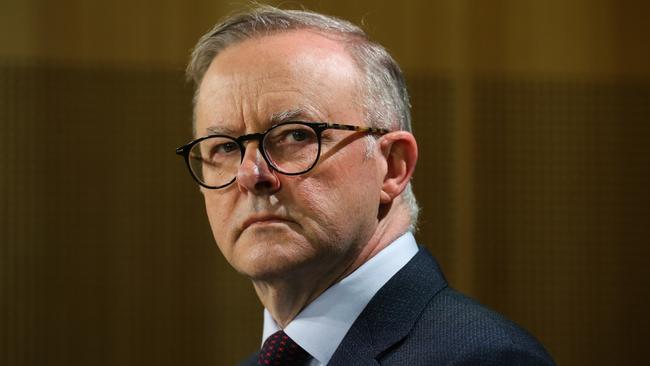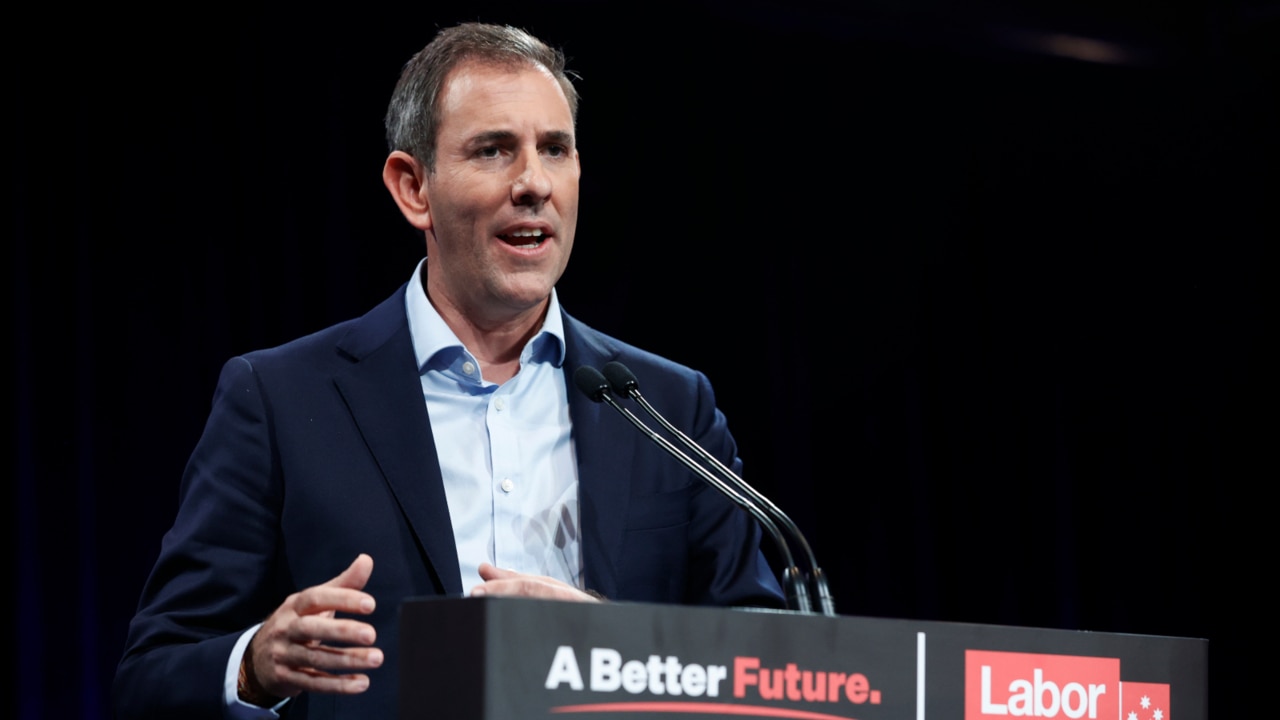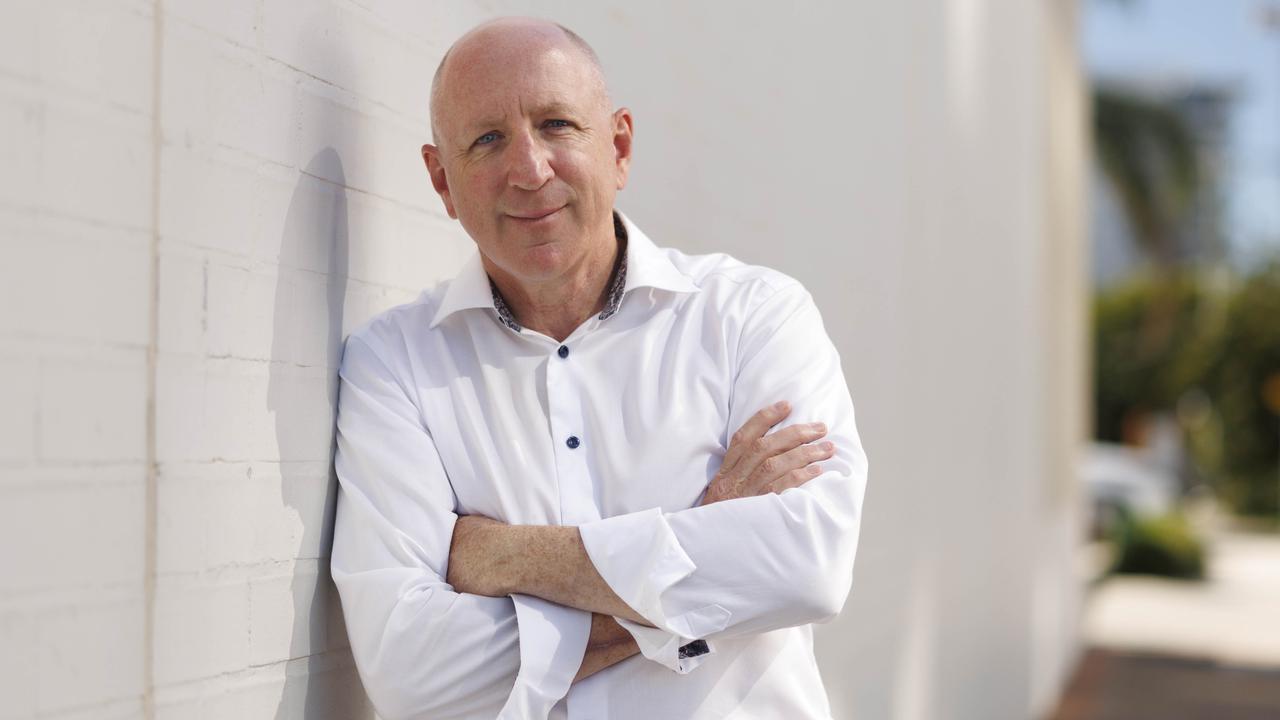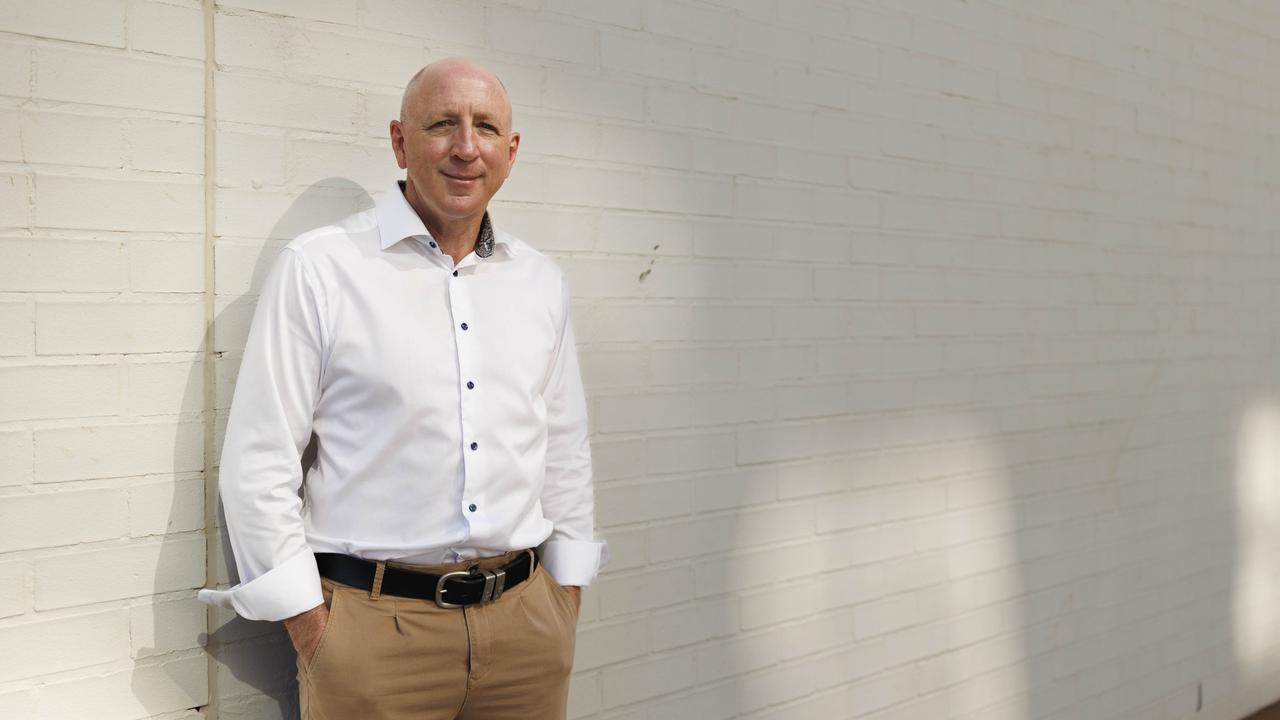Anthony Albanese flags cuts in reform budget
Anthony Albanese says he will pursue a ‘large’ legislative agenda beyond what Labor committed to, with the October budget to focus on finding savings without raising taxes.

Anthony Albanese says he will pursue a “large” legislative agenda beyond what Labor committed to at the election – despite growing economic challenges – with the October budget to be focused on finding savings without raising taxes.
In an interview with The Australian, the Prime Minister said he remained hopeful there would be real wage growth in this term of parliament and ruled out new emergency Covid support payments if there are outbreaks beyond this winter.
The comments come ahead of the new parliament resuming next week, with the government under pressure over the rising cost of living, interest rate hikes and a clash with the Greens over legislation enshrining a new 43 per cent emissions reduction target in law.
With rising interest rates, inflation and a worsening global economy making budget management more challenging, Mr Albanese said he would not be walking away from any of Labor’s pre-election commitments, including more money for childcare, skills and aged care.
Mr Albanese said there would be no new revenue measures in the October budget, with the focus instead on finding savings. He said there was “always a need for policy changes” to respond to changing circumstances, but the government would remain true to its mandate.
“We want to be a reforming government but we will be acting on our commitments.
“The first wave of legislation will be our commitments on climate change, the National Reconstruction Fund, the creation of Jobs and Skills Australia (agency) … the aged (care) reforms, childcare, all the things we put forward.
“But over a period of time we will have a large legislative agenda.
“I want to be a government that does things and that doesn’t just stand still.
“I think the former government stopped governing. I want to have a government that makes a difference and takes action.”

Mr Albanese revealed the government’s modelling on predicted Covid cases over winter would be released this week, with the Jobs and Skills Summit to focus on lowering worker casualisation rates to ensure more people were entitled to paid sick leave during outbreaks.
“We simply can’t afford to have emergency measures in place indefinitely,” Mr Albanese said.
“This (pandemic) has exposed some of the problems with insecure work. It is one of the problems the Jobs and Skills Summit will be looking at.
“The rise of insecure work is leading to more people being vulnerable to events beyond their control, including catching Covid.”
Mr Albanese said rising inflation – predicted to be 7 per cent this calendar year – meant “you won’t get real wage growth across the board in the short term”, but he was confident the government had the policy settings to achieve it “over a period of time”.
“There’s a range of mechanisms that feed into that. One is the minimum wage, one is secure work and making sure that is delivered upon,” he said. “We want to see people’s living standards increase and that’s what historically has happened over a long period of time, over many decades, until the last decade when we saw a conscious decision to reduce real wages from the (former) government at the same time when some people were doing very well.
“Now that has created, not surprisingly, some resentment out there.”
The Prime Minister played down the potential economic impacts of large pay increases being pursued by unions, with the Australian Manufacturing Workers Union considering lobbying for worker pay rises of 8 per cent.
“Unions have always put forward wage claims and employers have always put forward wage restraint,” he said.
Mr Albanese went to the election saying he would expect to be judged on a Labor government’s record in securing real wage growth.
Mr Albanese said September’s Jobs and Skills Summit would pave the way for a new era of reform, describing it as being “absolutely central to the government's economic agenda”.
The summit, to include 100 people from government, unions and business, will consider reforms to training, migration, industrial relations, workforce participation and barriers to employment.

On Tuesday, Skills Minister Brendan O’Connor will meet with state and territory ministers to focus on addressing skills shortages and move to restart negotiations for a national skills agreement.
“While all state and territory governments committed to finalise a new national skills agreement, no agreement was reached on the commonwealth’s previous offer,” Mr O’Connor said.
“The Albanese Labor government will work in partnership to prioritise skills reform through a collaborative and co-ordinated negotiation process.”
Health Minister Mark Butler on Monday said around 300,000 Covid cases had been reported in the last week alone but he and chief medical officer Paul Kelly were “pretty confident” the actual number was more than double that. Just over 5000 Australians with Covid are in hospital.
While the government last week backflipped and extended $750 payments for workers who are forced into isolation, Mr Albanese said national cabinet recognised “this couldn’t be continued indefinitely”.
But the Prime Minister would not say if the long-term management of the virus would need to include an end to forced isolation.
“We’ll wait and see what their health advice is,” he said.
“The health advice at the moment … was that it wouldn’t be the right time to reduce restrictions and everyone (in national cabinet) accepted that advice.
“Clearly, Australians are now very determined to keep the economy going. To take health advice, but trying to minimise the impact on the way that they live their lives while taking some sensible precautions.”
He said scientific breakthroughs would hopefully lower Covid’s impact on society.
“It is a remarkable achievement that in a very short period of time from Covid-19 appearing, you have quite effective vaccines, then deployed globally,” he said.
“If you compare that with past diseases that took generations to come up with remedies, vaccines.
“And there are antiviral drugs as well that are quite readily available.
“So hopefully we’ll see breakthroughs that mean that, (for) Covid … its impact is less in the future.”








To join the conversation, please log in. Don't have an account? Register
Join the conversation, you are commenting as Logout